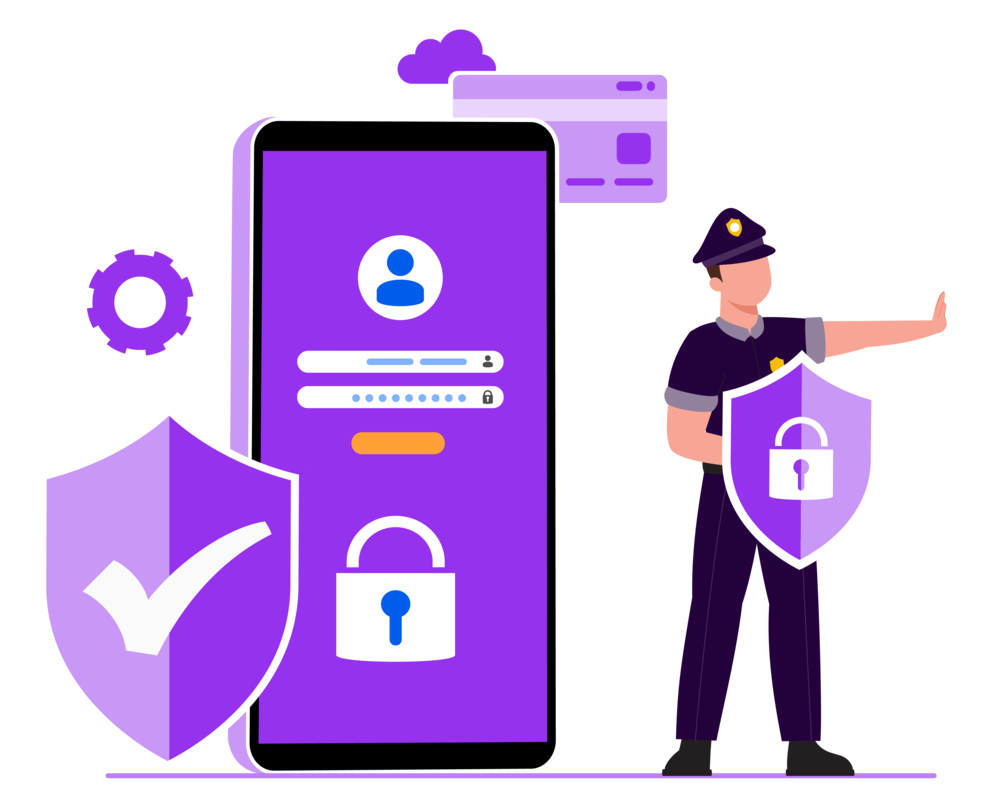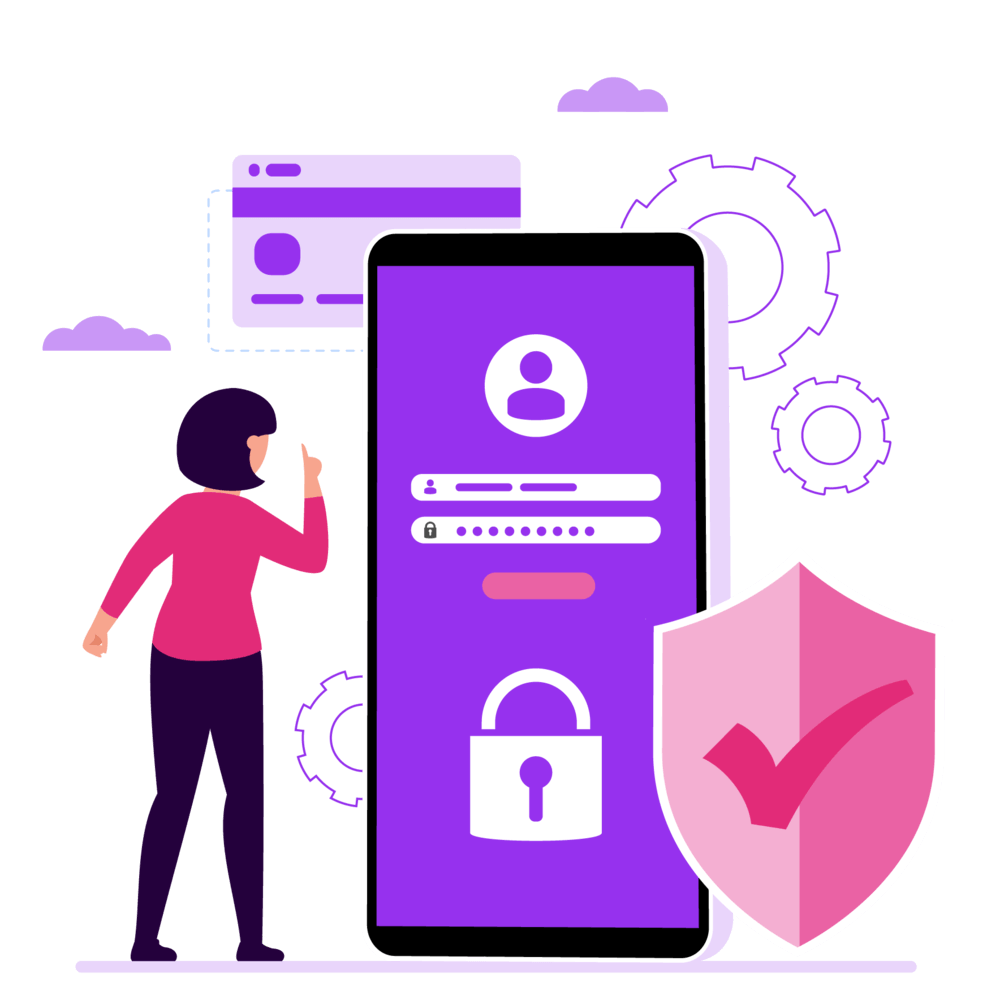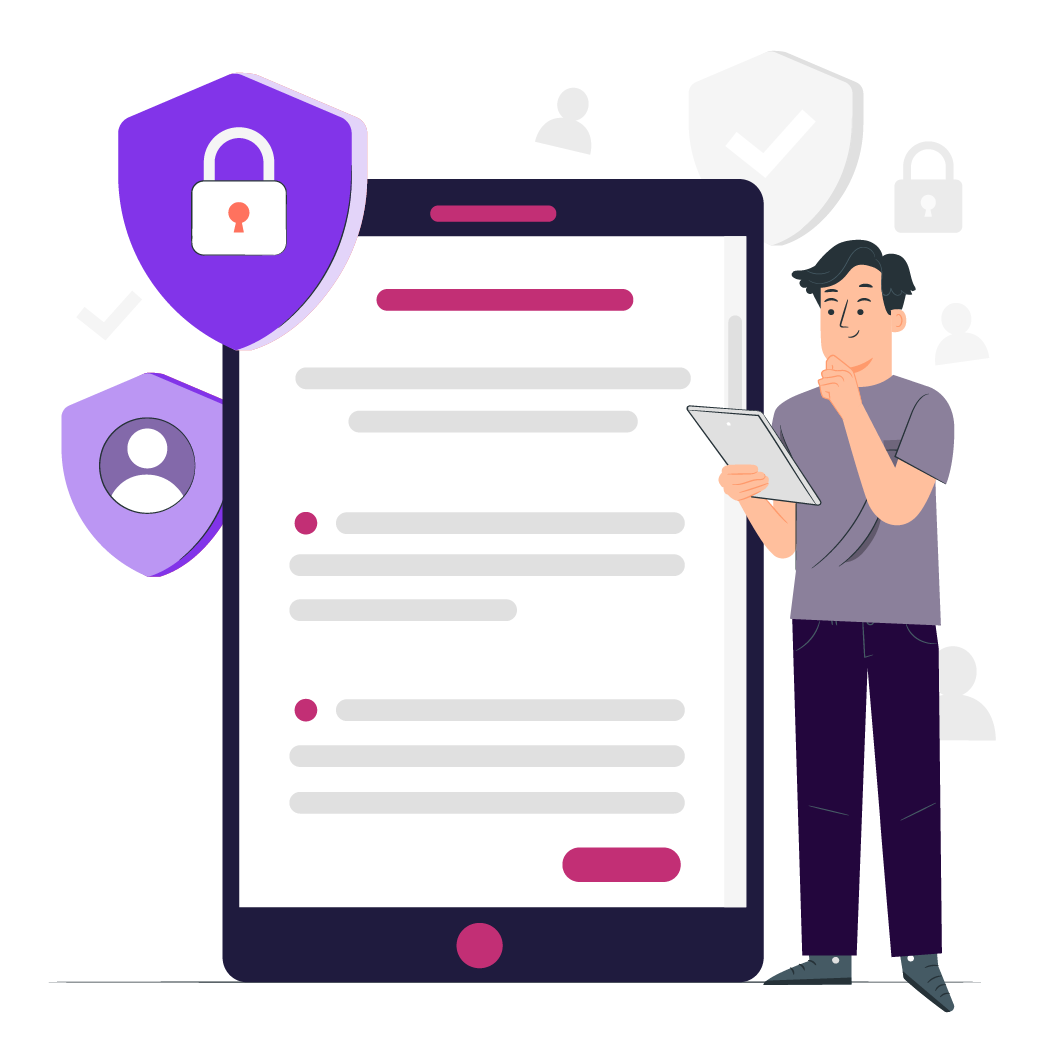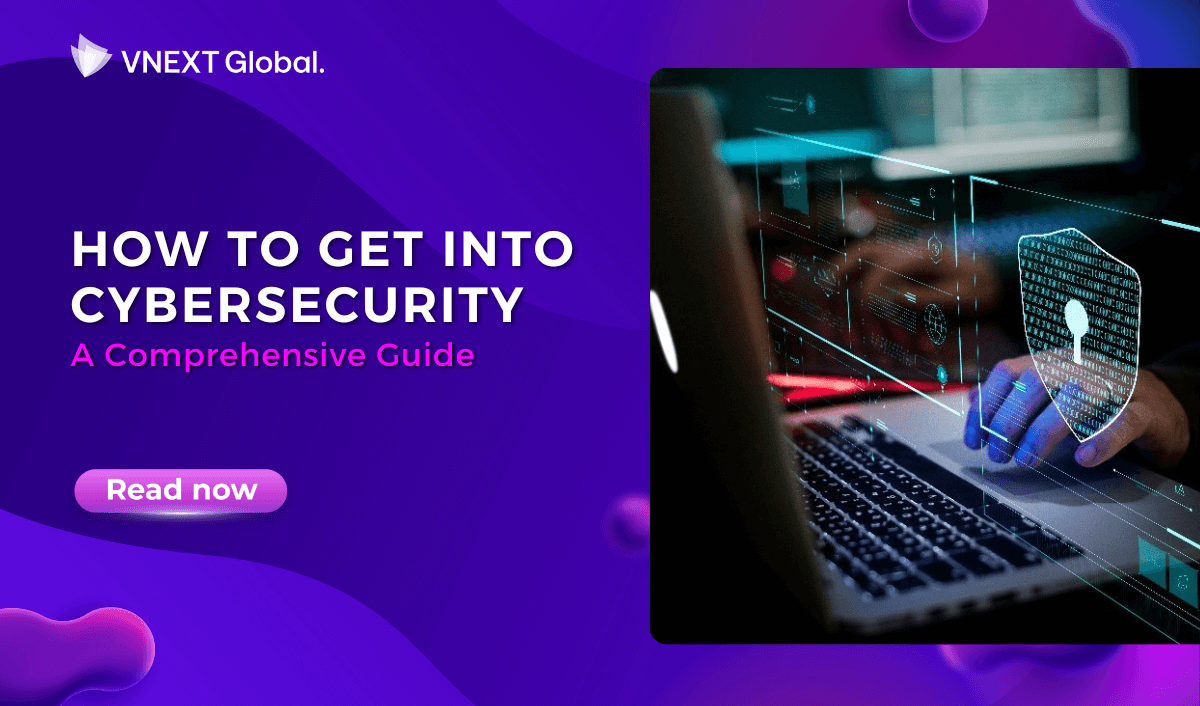How to Get Into Cybersecurity: A Comprehensive Guide
As cyber threats continue to evolve and pose significant risks, the need for skilled individuals to protect our digital infrastructure has become more critical than ever before. According to Cybersecurity Ventures, the global cybersecurity market is projected to reach a staggering $366.1 billion by 2028, highlighting the immense scale of this industry and the opportunities it holds. This comprehensive guide will serve as a roadmap for aspiring individuals, providing them with invaluable insights into the skills, qualifications, and steps necessary to embark on a rewarding career in cybersecurity.
1. What are the Skills and Qualifications to Start in Cybersecurity:
a) Technical Skills:
- Proficiency in computer networking: Understanding protocols, network architecture, and network security principles.
- Knowledge of operating systems: Familiarity with different OS environments and their security features.
- Programming and scripting: Proficiency in languages like Python, Java, or C/C++ to automate tasks and analyze code.
- Security concepts: Understanding encryption, firewalls, intrusion detection systems, and vulnerability assessment.
b) Analytical and Problem-Solving Skills:
- Strong analytical thinking: The ability to identify patterns, analyze data, and detect anomalies or potential threats.
- Problem-solving skills: Critical thinking and the ability to troubleshoot and resolve security issues efficiently.
- Attention to detail: Being meticulous in identifying vulnerabilities and potential risks in complex systems.
c) Communication and Collaboration Skills:
- Effective communication: The capacity to articulate technical concepts clearly and collaborate with cross-functional teams.
- Teamwork: The ability to work collaboratively in diverse teams to address security challenges.
- Importance of Skills and Qualifications in Cybersecurity:
- Obtaining the necessary skills and qualifications is crucial to excel in the field of cybersecurity.

2. Why do you need these skills and qualifications to get into cybersecurity?
To thrive in the field of cybersecurity, possessing the right skills and qualifications is crucial. Here's a detailed look at why these attributes are essential:
a) Technical Skills:
Technical skills form the backbone of a successful cybersecurity career. Understanding computer networking enables professionals to grasp the intricacies of network security and devise effective defense mechanisms. Knowledge of operating systems allows individuals to identify vulnerabilities specific to different platforms and implement appropriate security measures. Proficiency in programming and scripting languages empowers cybersecurity professionals to automate tasks, analyze code for vulnerabilities, and develop custom tools for threat detection and prevention. Without these technical skills, professionals would struggle to comprehend complex systems, identify security gaps, and implement robust protective measures.
b) Analytical and Problem-Solving Skills:
Cybersecurity professionals face an ever-evolving landscape of threats, requiring them to possess strong analytical and problem-solving skills. Analytical thinking enables individuals to identify patterns, analyze data, and detect anomalies that may signify potential security breaches. With the ability to conduct thorough investigations and forensic analyses, professionals can uncover the root causes of security incidents and develop appropriate mitigation strategies. Effective problem-solving skills allow cybersecurity specialists to troubleshoot and resolve security issues promptly, minimizing damage and preventing future attacks.
c) Communication and Collaboration Skills:
In cybersecurity, effective communication and collaboration are vital for success. Cybersecurity professionals must be able to convey complex technical concepts in a clear and concise manner to both technical and non-technical stakeholders. They need to articulate potential risks, propose security solutions, and provide guidance on best practices. Furthermore, collaboration with cross-functional teams, including IT departments, management, and end-users, is crucial for implementing security measures, conducting risk assessments, and responding to security incidents. Strong communication and collaboration skills enable professionals to foster a culture of security and ensure that cybersecurity measures are understood and embraced throughout the organization.
d) Importance of Certifications and Education:
Obtaining certifications and relevant education demonstrates a commitment to professional growth and validates expertise in the field. Industry-recognized certifications, such as CompTIA Security+, CISSP, CEH, and CISM, not only enhance credibility but also provide comprehensive knowledge in specific areas of cybersecurity. These certifications cover essential topics, frameworks, and best practices, equipping professionals with the necessary skills to address real-world security challenges. Similarly, pursuing a degree or specialized education in cybersecurity or a related field provides a solid foundation of knowledge, exposes individuals to practical scenarios, and cultivates critical thinking abilities.

3. How to Get Into Cybersecurity?
a) Education and Certifications:
Pursue a degree in cybersecurity, computer science, or a related field: Many universities offer specialized cybersecurity programs, providing foundational knowledge and practical skills.
Obtain relevant certifications: Certifications like CompTIA Security+, Certified Information Systems Security Professional (CISSP), Certified Ethical Hacker (CEH), and Certified Information Security Manager (CISM) enhance credibility and demonstrate expertise.
b) Gain Practical Experience:
Internships and entry-level positions: Seek opportunities in organizations that offer cybersecurity internships or entry-level positions to gain hands-on experience.
Capture the Flag (CTF) competitions: Participate in CTF events to develop practical skills in a competitive environment.
c) Build a Strong Knowledge Base:
Continuous learning: Stay updated with the latest cybersecurity trends, emerging threats, and evolving technologies through online resources, webinars, podcasts, and industry publications.
Engage in online communities: Join cybersecurity forums, discussion groups, and social media platforms to learn from and network with professionals in the field.
d) Networking and Mentorship:
Attend industry events and conferences: Networking events provide opportunities to connect with professionals and potential employers in the cybersecurity industry.
Seek mentorship: Find experienced professionals who can guide and provide valuable insights into the industry.

4. Is Cybersecurity Hard for Beginners?
While cybersecurity can be challenging, it is not insurmountable for beginners. The field requires dedication, continuous learning, and a willingness to adapt. Beginners may encounter some initial difficulties due to the vastness and rapid evolution of the field. However, with perseverance and the right resources, beginners can acquire the necessary skills and knowledge to succeed.
The story of Marcus Hutchins, also known as MalwareTech, serves as inspiration for aspiring cybersecurity professionals. Hutchins, at the age of 22, played a pivotal role in stopping the WannaCry ransomware attack in 2017. His journey represents how passion, self-learning, and dedication can lead to significant contributions in the field of cybersecurity.
So if you have a great passion for preventing cyber threats but are concerned about your seniority, don’t be over-worried. With sets of skills and qualifications suggested previously by VNEXT Global, you can definitely get into the cybersecurity industry and advance in your career path.

Final Thoughts:
Entering the cybersecurity field requires a combination of technical skills, analytical thinking, communication abilities, and a commitment to continuous learning. By acquiring the necessary qualifications, gaining practical experience, and actively engaging in the cybersecurity community, individuals can embark on a rewarding career in this ever-evolving field. While cybersecurity presents challenges for beginners, perseverance, passion, and access to learning resources can pave the way for success. So, seize the opportunity, equip yourself with the required skills, and join the ranks of cybersecurity professionals dedicated to protecting our digital landscape.
If you are looking for a trusted IT partner, VNEXT Global is the ideal choice. With 14+ years of experience, we surely can help you to optimize your business digitalization within a small budget and short time. Currently, we have 400+ IT consultants and developers in Mobile App, Web App, System Development, Blockchain Development and Testing Services. We have provided solutions to 600+ projects in several industries for clients worldwide. We are willing to become a companion on your way to success. Please tell us when is convenient for you to have an online meeting to discuss this further. Have a nice day!












